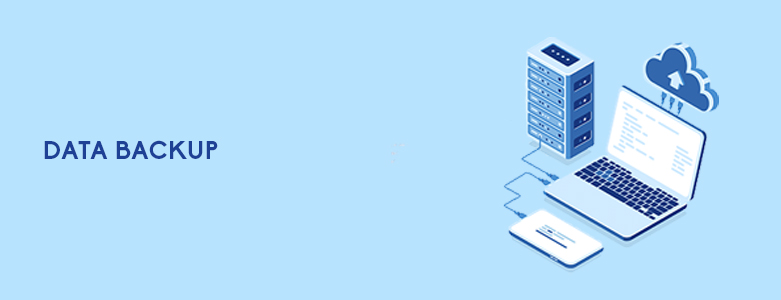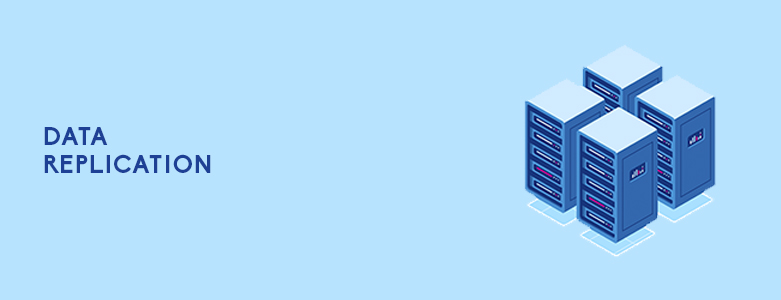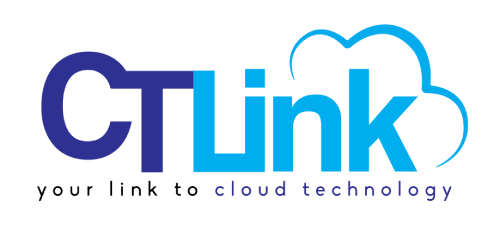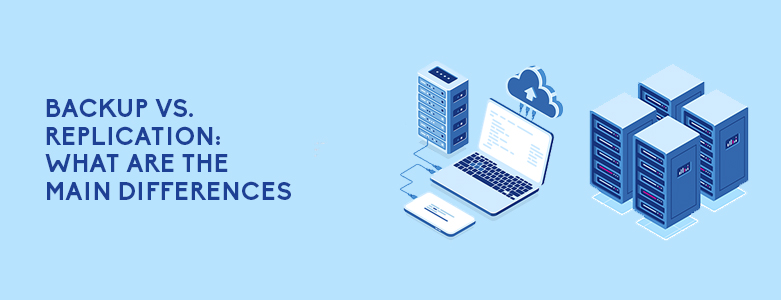Business continuity is important in ensuring the longevity of a company. There are many types of solutions that ensure the company is able to protect its corporate data from loss and corruption. The main solutions that this article will focus on are backup and replication. The reason for the focus on these two topics since many organizations confuse them as interchangeable solutions. While these two solutions are related, they are used to solve different issues in a business continuity plan.
Data Backup

The main focus of a backup solution is to be able to restore data at certain specific points in time. Backups are usually ran at scheduled periodic intervals to create save points for your data. This is so that in an event of any form of data loss, you can restore your data through those save points.
One example of a situation where backup can be used is in the case of ransomware attacks. Since ransomware attacks encrypts your live operations, you can always fall back to a save point where the ransomware has not happened. This can save your company financially without the pressure of having to pay a ransom and hope you get your data back.
Another situation would be accidental deletion or corruption of data. Not everyone is perfect, nor can we predict when data will be spontaneously corrupted. It is always good to have a backup incase of these situations to prevent time loss or undue stress.
Data Replication

Replication on the other hand, focuses on delivering uninterrupted operations in case of a disaster. Replication solutions creates copies and synchronizes it to multiple servers and data centers in real time. This is to ensure that data is accessible through secondary sites at any time to keep operations running even during unforeseen disasters.
Disasters which can cause a full stop of operations on a site like fires and earthquakes are the best use case for replication. Replication is to ensure that your operations are always online. Hence the case for secondary sites (sometimes even a third site) that are far from the primary servers. Even in the case of extended power outage is included in the scenarios for replication.
Backup vs Replication

| Backup | Replication | |
| Provides a historical record of data/archives | Yes | No |
| Good defense against ransomware | Yes | No |
| On a schedule basis for data copying | Yes | Depends |
| Always synchronized with the live operations | No | Yes |
| Fast recovery for unforeseen disasters and site failure | No | Yes |
| Needs secondary or multiple server sites | No | Yes |
Knowing what each solution brings, we can see that both backup and replication solves similar but different problems. With backup’s save points, we can use it as a safety in which companies can restart their operations in case of unforeseen data loss, however we will lose some data. This is especially useful in cases of ransomware attacks where encryption of business-critical data happens. This is not solved in a replication setup as data is always synced in real time, this includes the ransomware attack.
Replication is always up to date. Organization that always need their business data to be running with little to no disruption to data flow or data loss. This is more common in industries like finance, healthcare, and e-commerce. Losing even an hour of data can cause significant losses to the business.
Contact us today to learn which solution is right for your company!

